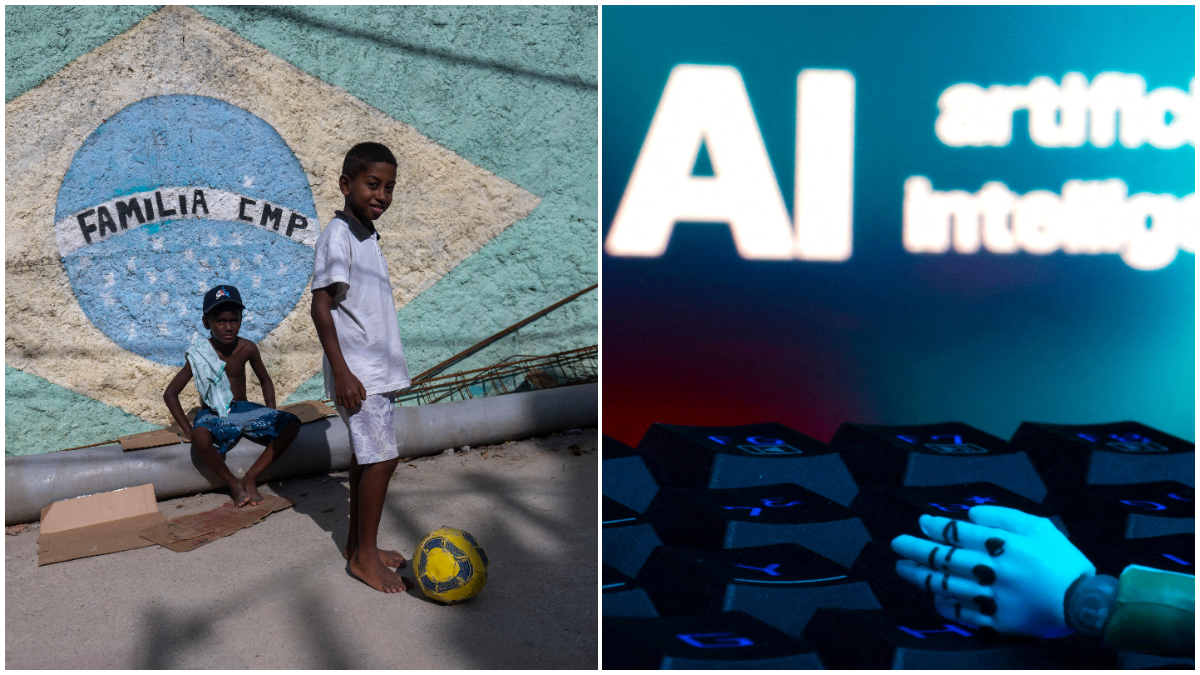Artificial Intelligence is rapidly changing the world as we know it and is becoming an integral part of our everyday lives. From acting as powerful virtual assistants and carrying out a variety of tasks, including generating Instagram-worthy images, to making its presence felt across industries such as healthcare, finance, transportation and defence, AI is here to stay and it will only be expanding going forward.
It was, therefore, only a matter of time before AI made its presence felt in the world of sport, including football.
How AI is transforming football
AI has a wide variety of use across sports – from teams in the National Football League using AI-powered sensors in helmets and pads to collect data on player movement and collisions to the introduction of automated line-calling systems in tennis.
And when it comes to the ‘Beautiful Game’, football-mad Brazil stands out as a nation that is taking the implementation of technology in sport seriously, where AI has helped make the lives of talent scouts easier by helping with the process of identifying young talent.
Footbao, for instance, has created an online platform where budding players can create an online portfolio of videos showcasing their skills, with their machine-based analysis of those clips later filtering out players for scouts depending on their club’s needs.
The Swiss organisation claims more than 100,000 young players have registered for their mobile application, a majority of them from Brazil.
“This helps clubs find players who match their needs more accurately — all at a national scale and with much greater precision,” Nick Rappolt, Footbao’s chief executive, told Financial Times.
Given Brazil’s obsession with the sport, with football being a way of life more than anything else, and the fact that it exports football talent more than any nation in the world made the South American nation the perfect testing ground for AI-based applications such as Footbao.
The stark inequality that exists in the country means not every young footballer gets access to high-quality practice facilities. Technological advancements, however, has made it possible for those coming from humble backgrounds to get themselves noticed a lot more quickly.
Footbao had recently sent five Brazilian teenagers to Italy to spend a fortnight training with Serie A club Lecce. The app helped create a shortlist of 20 out of 2,000 applicants, from which the five were selected.
Footbao, however, isn’t the only AI-based application that is making its presence felt at the grassroots level in Brazilian football; Cuju, an app developed and financially backed by German sports player agency Rogon, too went live in Brazil last year and requires users to exhibit their skills through a series of exercises.
Clips of these exercises are then uploaded to a database where the AI compares players from across the world and offers insights.
“You can compare the exact same skills or exercises from a kid in Brazil with a kid in Malaysia or United States with Africa, so this is pure standardisation and will help make the life of clubs and scouts easier in their search for the next talent,” Rogon Technologies’ chief marketing officer Sven Muller said in the report.
While these apps have established themselves at the grassroots level in Brazil, it remains to be seen how it’s implemented in other football-obsessed nations around the world, and not just for spotting young talent but at the senior level as well.


)
)
)
)
)
)
)
)
)



